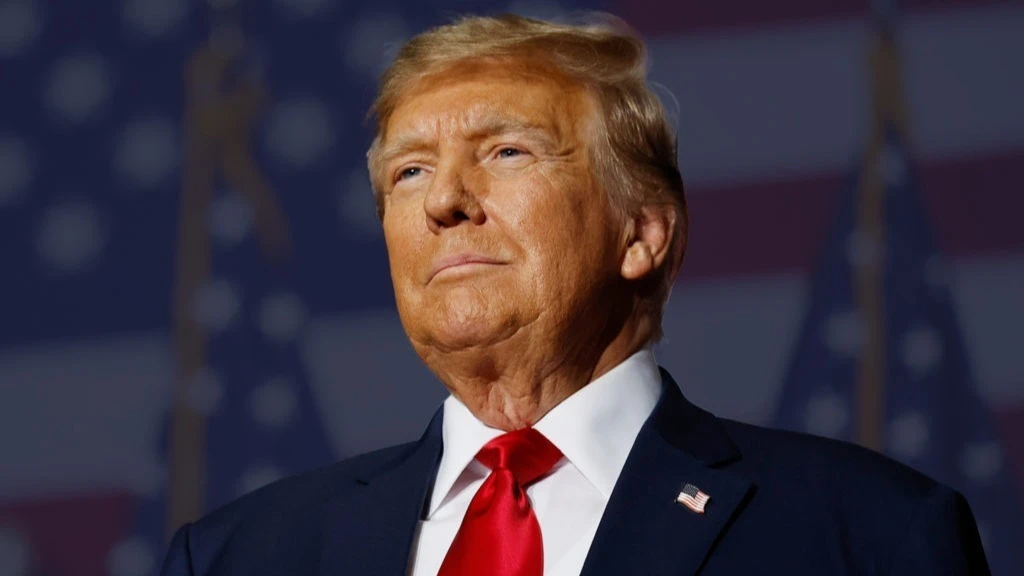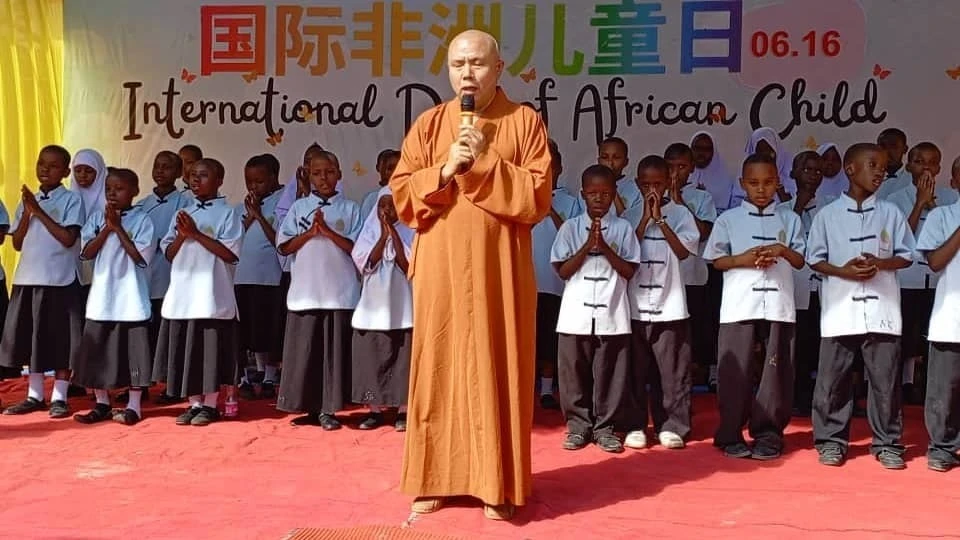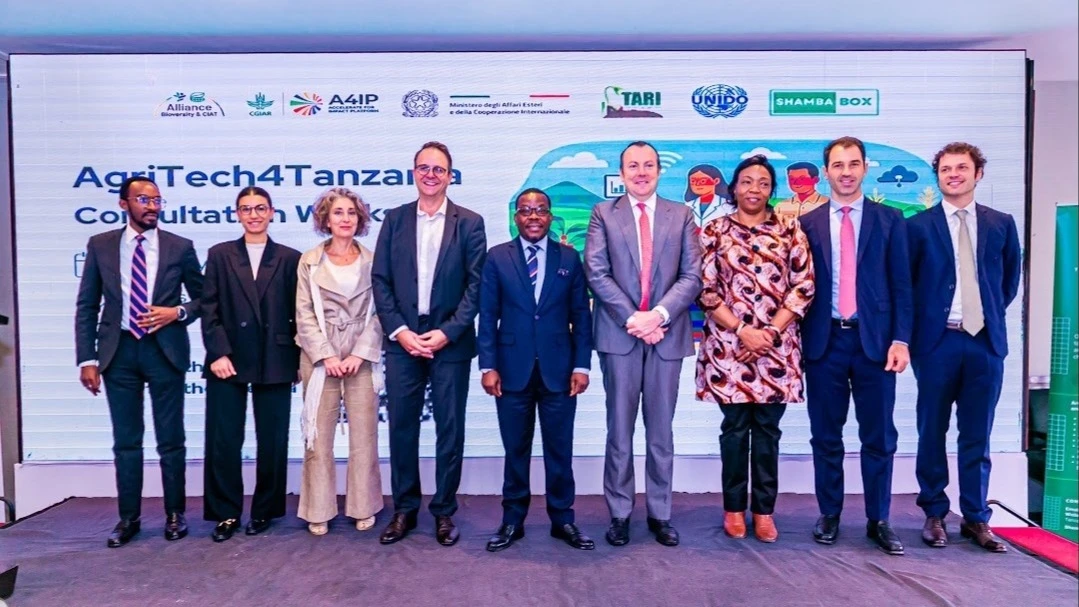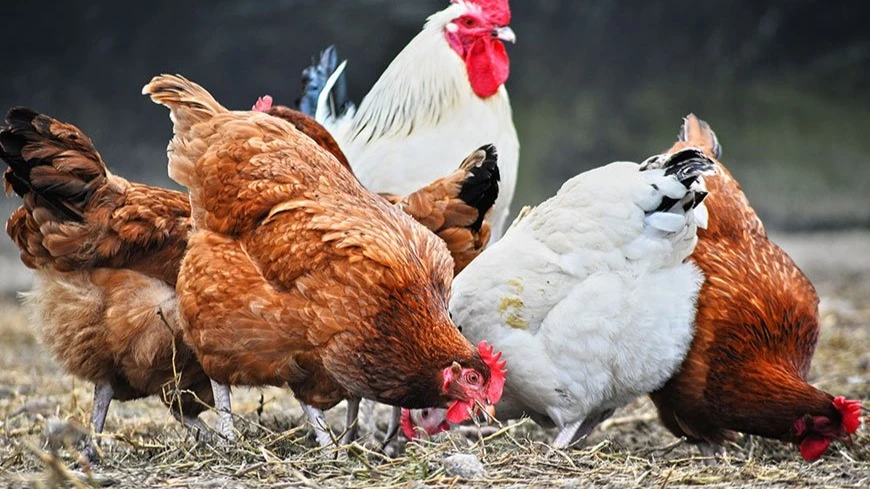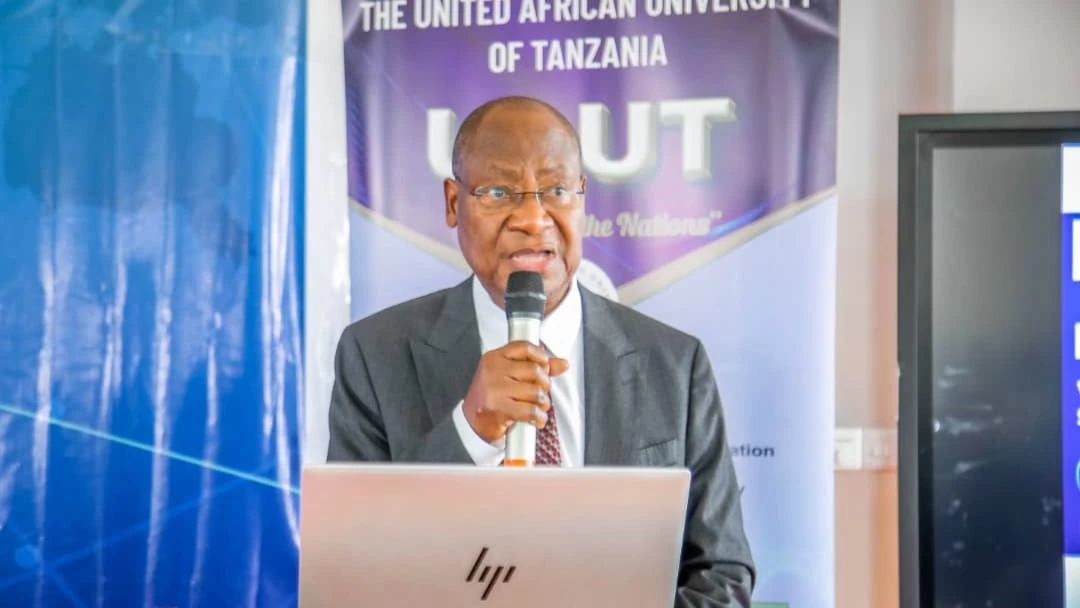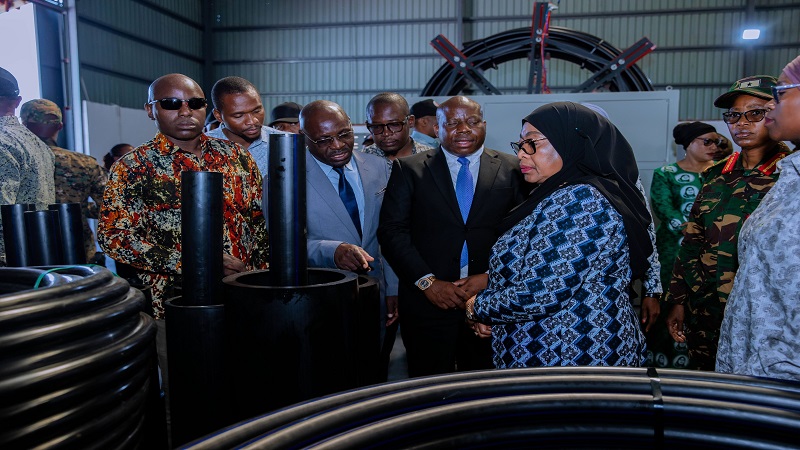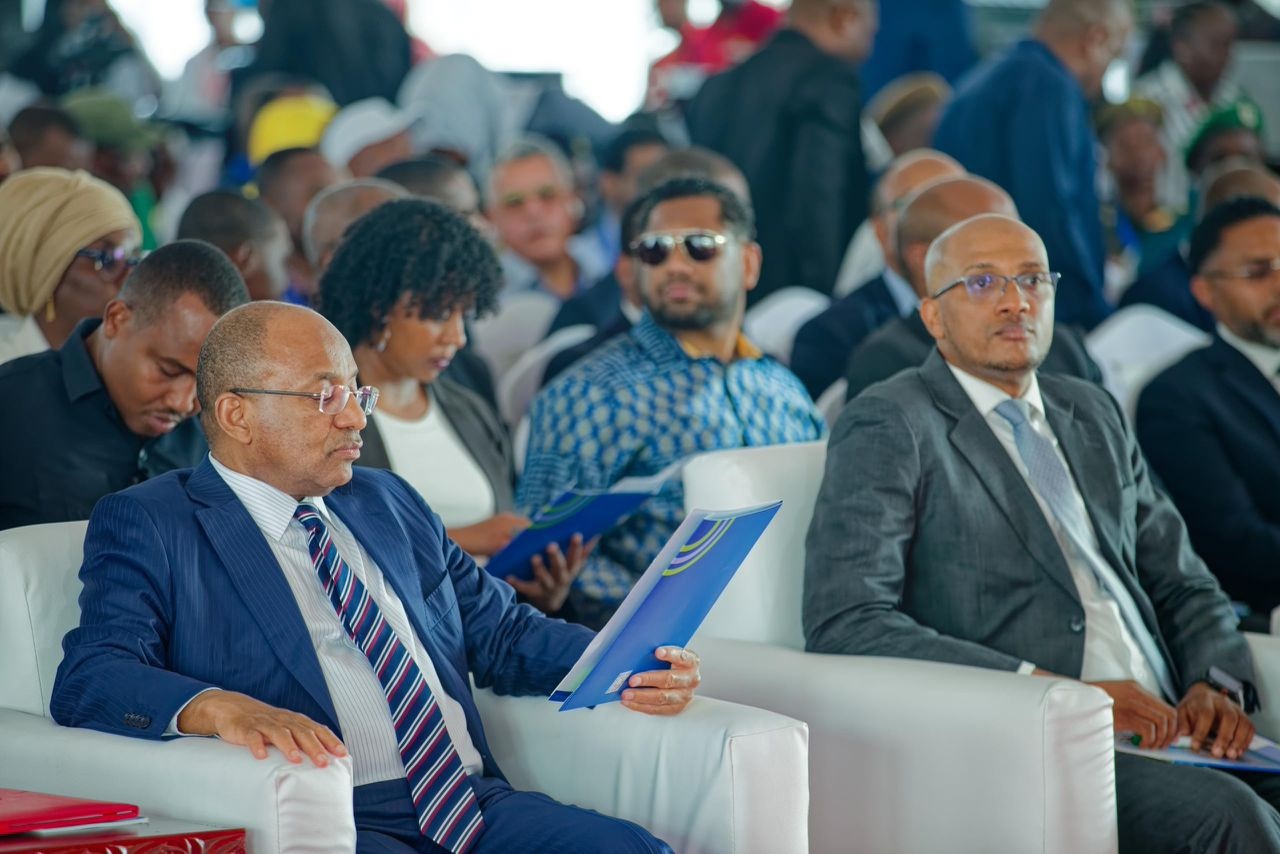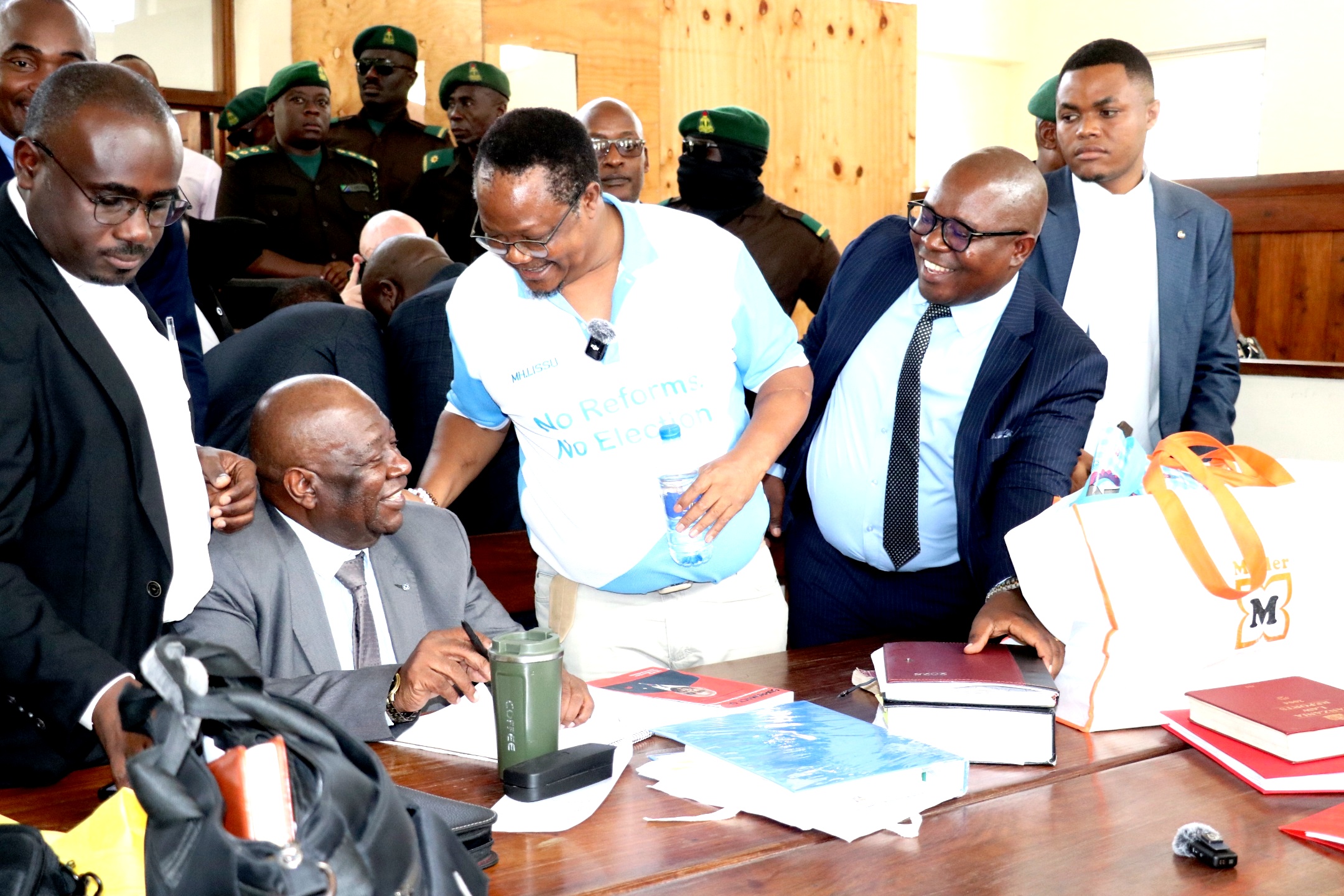MP: Remove NGOs from TRA listing as ‘businesses’
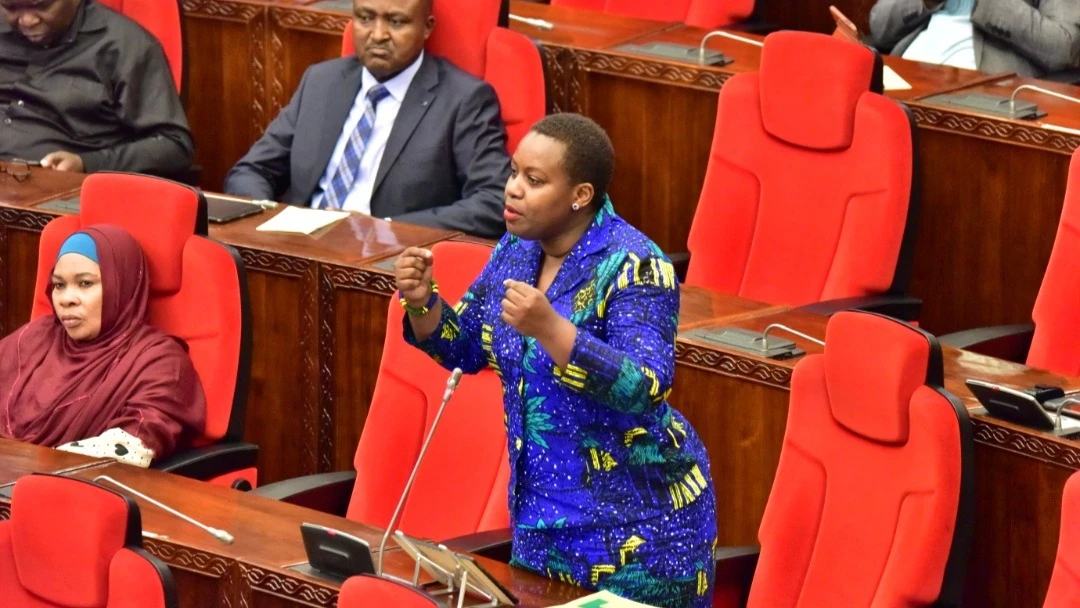
THERE is a need for clear legal distinctions to protect NGOs amid changing donor funding policies, she stated. Neema Lugangira (Special Seats) issued this appeal during parliamentary debate on the national budget proposals here yesterday, similarly arguing that the government needs to introduce tax holidays for small businesses operated by the youth, women and those living with disabilities.
This would help to level the playing field with the more capacitated business groups, she said, citing start up foreign investors who are provided with up to five years tax relief. Analysts noted that this provision is often shaky, given extensive complaints mid last year that too often tax enforcement officials refuse to recognise such relief as not having been gazetted.
“The government must widen the taxpayer base to facilitate revenue growth,” she said, calling for a rigorous review of government spending as embedding waste, like vehicles idling for hours, apart from unnecessary fuel costs.
She strongly voiced the demand for a review of the tax status of NGOs, currently treated as businesses by the TRA, which leads to operational challenges. Certain other MPs stressed the need to link health insurance coverage to driving licences in addressing the high accident rates among motorcycle taxi operators.
Festo Sanga (Makete), cited this need as an aspect of accelerating the pace of informal sector uplift to formal recognition, as it accounts for six out of every ten shillings circulating in the economy.
Priscus Tarimo (Moshi Urban) welcomed recent tax removals on motorcycle riders and three wheeled taxis, echoing calls for integrated health insurance. Joseph Kakunda (Sikonge) urged stronger government support for agriculture to ensure steady raw material supplies for factories, preventing closures and preserving industrial jobs, noting that it is a pillar in the ruling party election manifesto.
The breadth of recommendations underscored a push for a more efficient, inclusive and socially responsible budget that balances economic growth with grassroots empowerment and public safety.
Expanding the revenue base, tightening expenditure, supporting grassroots leaders and enhancing safety measures for motorcycle taxi riders were noticeable themes in various contributions.
Local and village leaders also found advocates in the debate, with Mrisho Gambo (Arusha Urban) pointing at delays of payment and insufficiency of allowances for local government officials.
“Local leaders often receive no hardship allowance despite their vital roles,” he said, recommending allocation of at least 300,000/- monthly for street and ward officials. MPs also called for a national tax education program to boost public understanding and trust in government revenue use.
Suma Fyandomo (Special Seats) proposed introducing tax education at all school levels to build long-term fiscal responsibility. Road safety and health insurance for motorcycle riders emerged as another priority for several contributors.
Top Headlines
© 2025 IPPMEDIA.COM. ALL RIGHTS RESERVED








